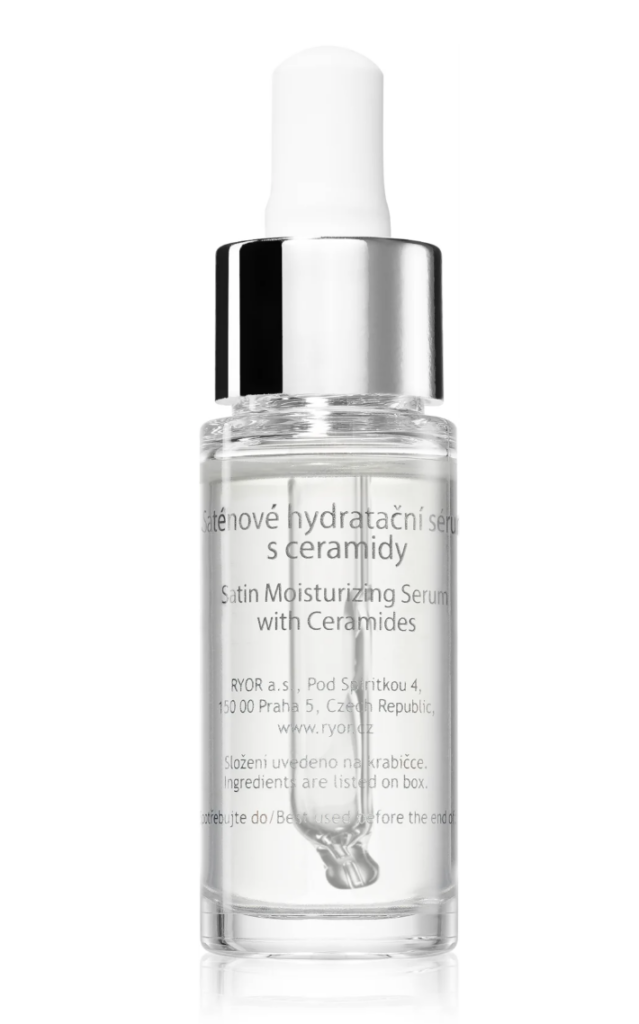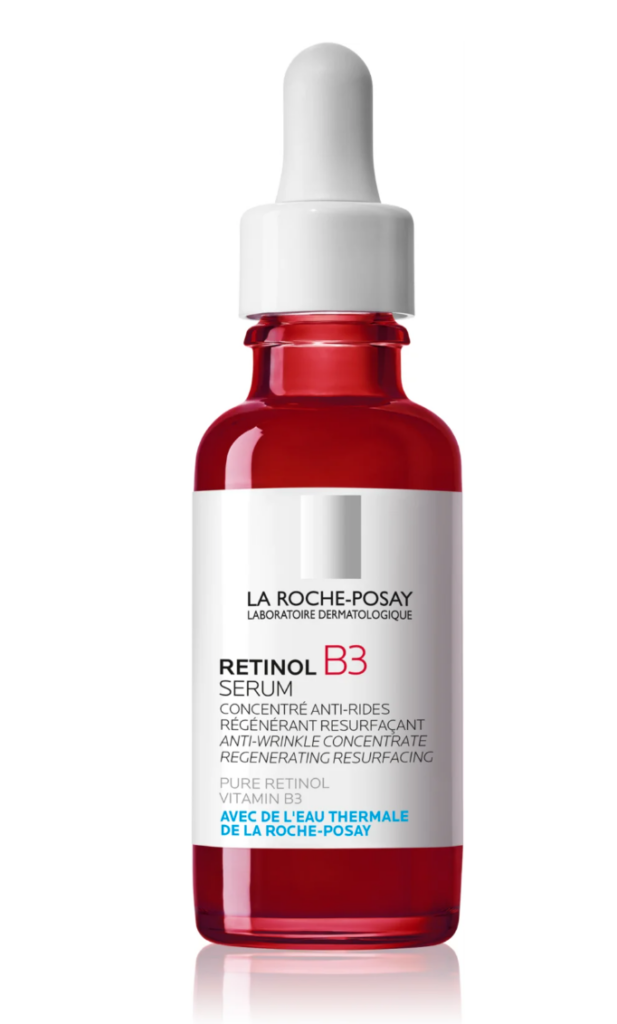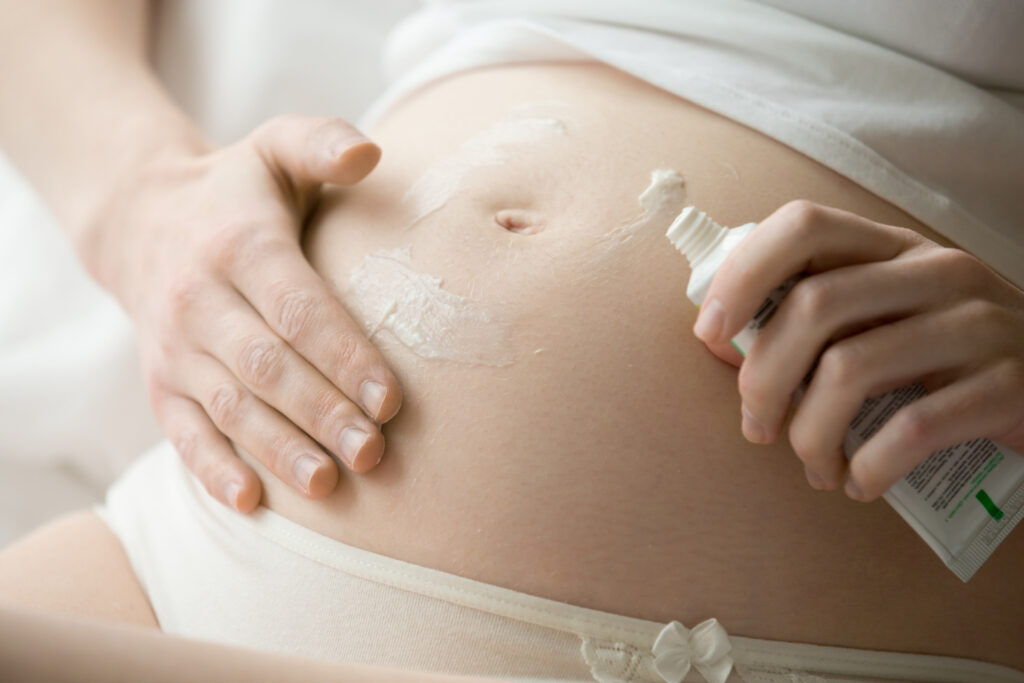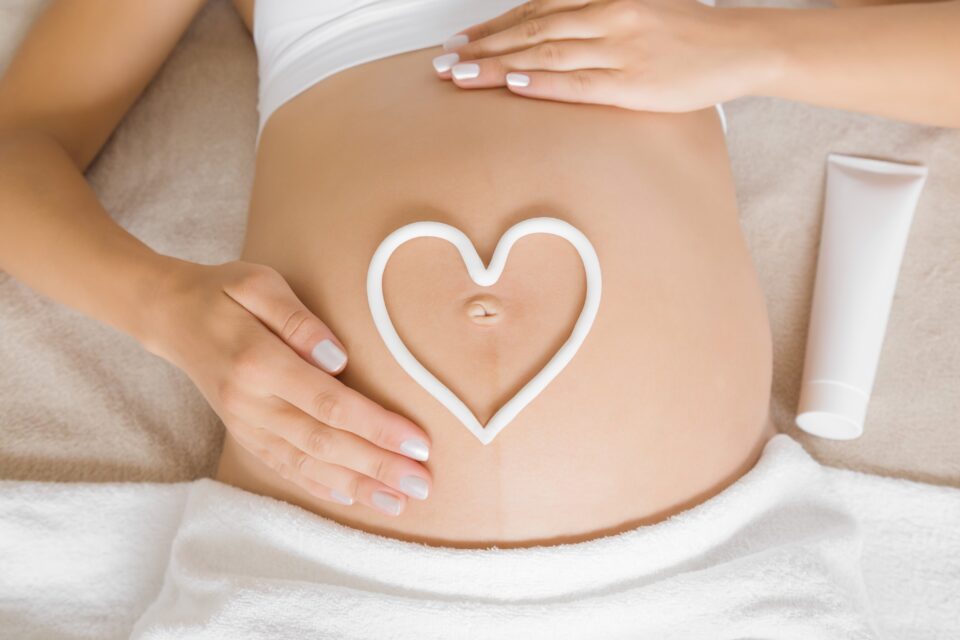Build a pregnancy-safe beauty routine and enjoy the magical time without worry! Nausea and fatigue are not the only conditions pregnancy may bring as some unexpected skin problems such as acne, dry skin or hyperpigmentation may also appear. Most skin conditions can be easily treated by everyday skin care products, but do you know which skincare ingredients should you avoid and which are considered safe?
Pregnancy-Safe Cosmetic Ingredients

Good news! Your skin does not need to suffer during pregnancy, majority of skin care products are perfectly fine and will help you look your best.
Intense Skin Hydration
- If you need to hydrate your dry skin, try soap-free cleansers and enjoy the benefits of hyaluronic acid and coconut oil.
- To boost skin hydration and combat signs of ageing and thinning skin we also recommend ceramide creams and serums. Same as hyaluronic acid, ceramides are naturally produced by the body so they are safe to use during pregnancy.
Anti-ageing skincare
- If you wish to keep your skin radiant and bright, start using an exfoliating scrub that contains physical exfoliants at least once a week. Gentle chemical exfoliants such as glycolic acid and lactic acid are also safe to use.
- To promote collagen production and brighten hyperpigmentation, try using products containing antioxidant vitamin C.
To Treat Acne
- To combat acne try oleic and glycolic acid and niacinamide.
UV Protection
- Mineral sunscreen physically deflects rays before they even hit the skin. The physical blockers are titanium dioxide and zinc oxide which are not absorbed by the skin. When buying a mineral sunscreen, try to find a broad-spectrum one that protects against UVA and also UVB rays.
Cosmetic Ingredients To Avoid During Pregnancy

Most pregnant women are very careful with what they put in their bodies, but what you put on your body is important too. Why should you avoid certain skin ingredients? Some may get absorbed into your bloodstream and cause harmful side effects not only for pregnant women, they pose risks to the baby too. It is also highly recommended to consult your doctor before including some new ingredients in your beauty regime, even those of natural origin. Luckily there are only a few ‘do-not-use’ ingredients.
Retinol
Retinol also known as Retin-A is a derivative of vitamin A. It is a popular ingredient often used in anti-ageing cosmetics and cosmetics for treating acne, orally or topically. Even though vitamin A is necessary for embryonic development, its excessive intake may cause some malformations of the baby’s heart, head, and brain. The amount absorbed through the skin is minimal, but it is always better not to take the risk and stop using retinoids until the baby is born.
Hydroquinone
This ingredient is often used to treat dark spots and hyperpigmentation, but it can be found in bleaching hair products and hair colour too. Hydroquinone is absorbed through the skin and many experts usually recommend avoiding it during pregnancy.
Salicylic Acid
High doses of salicylic acid (BHA) that is often used as an anti-inflammatory agent can be found in a wide range of cleansers, serums, lotions, and acne treatments. Salicylic acid is not always dangerous, but it is better not to take a risk and avoid it during pregnancy.

Skincare ingredients that might not be pregnancy-safe
Some beauty ingredients may be linked to possible risks during pregnancy and more research is needed to determine, whether and how are these ingredients harmful.
Chemical Sunscreens
A widely used UV filter in sunscreens is oxybenzone and its derivates, which are very effective at protecting skin against harmful UV light. However, it is highly recommended to avoid it during pregnancy even in small doses. Pregnant women should rather reach for physical (natural) sunscreens.
Essential Oils
Essential oils have many natural benefits and are often used as an alternative to beauty products, but not all oils are recommended for use during pregnancy. Especially Clary sage, jasmine, rosemary, and sage oil are better to avoid.
Botox and Fillers
Botox has many benefits when it comes to reducing wrinkles. Still, doctors may not have enough information about its effects on pregnancy and it is recommended to avoid fillers and botox for aesthetic purposes during this time.



